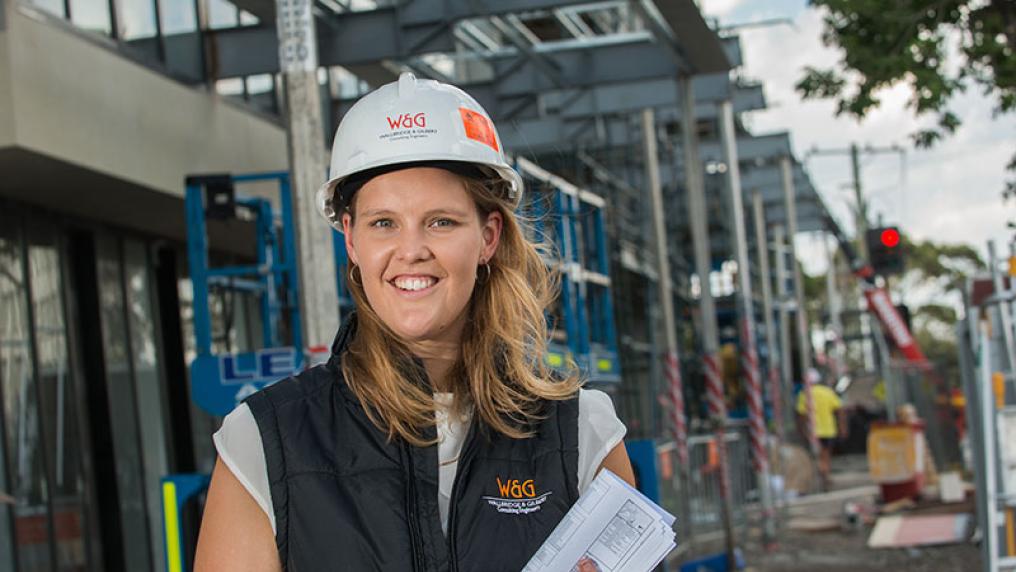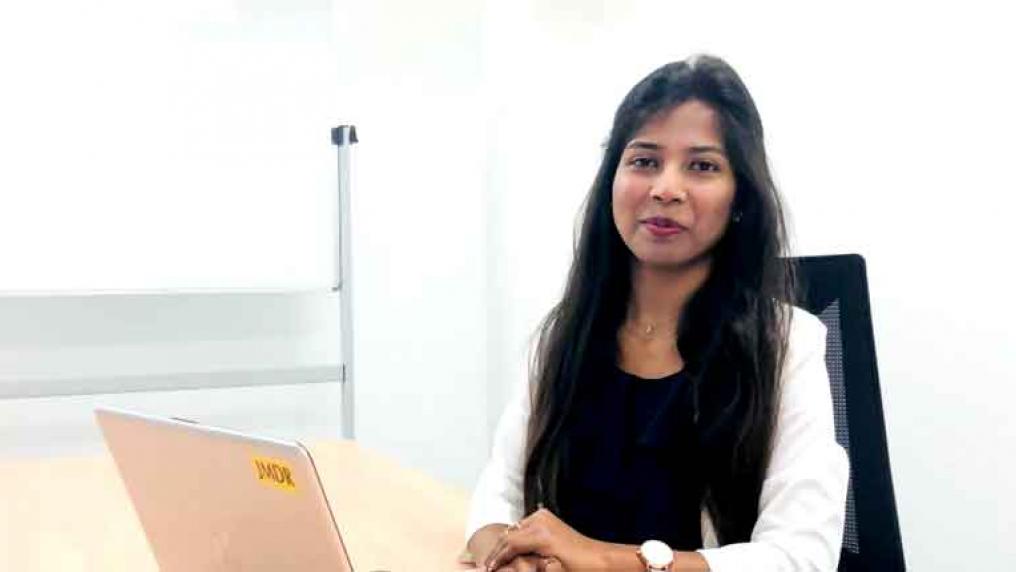To be considered for postgraduate study, you will need to have specific academic qualifications, as outlined below. We also consider non-academic research and work experience for our research candidates.
Admission criteria
Completion of an Australian Bachelor of Engineering degree or equivalent three or four year undergraduate degree in a cognate discipline to the specialisation offered in the degree. OR Completion of an Australian Bachelor of Engineering Honours degree or equivalent four year undergraduate degree in a cognate discipline to the specialisation offered in the degree. OR Completion of an Australian Graduate Diploma of Engineering (or equivalent) in a cognate discipline to the specialisation offered in the degree.
Additional information
Applicants with an engineering degree outside the specialisations listed and with five years of relevant work experience in a cognate* discipline will be eligible to submit an application for this course.
Special entry programs
If you are from a disadvantaged or underrepresented social, economic or cultural background, you may be eligible for one of our special admission programs. These programs are designed to help you access education more easily.
Learn more about special admission programs

